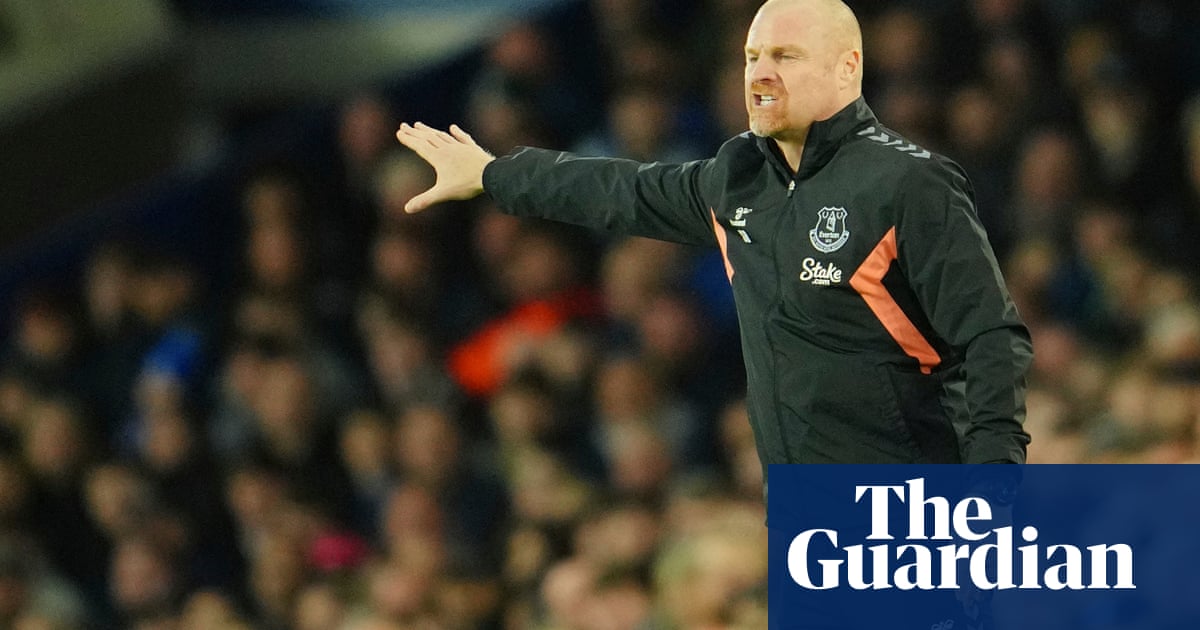
A government crisis in Italy is nothing new; it has had no fewer than 61 adminstrations since the Second World War. What is a first, though, is a government crisis during the prime “Ferragosto” holiday season.
Most were skeptical when two populist movements, Five Star and the League, formed a coalition government 14 months ago. The former is politically to the left and stands for more government spending, and its supporters are predominantly from the south. The latter is to the right and wants tax cuts and more independence for the northern provinces (it was originally called the Northern League); its leader, interior minister Matteo Salvini, has become infamous for his tough anti-immigration stance.
Their coalition was always an uneasy one, because they share so few core beliefs. It also caused friction with the EU, because plans to cut taxes and increase welfare spending would send Italy’s government debt soaring to 132 percent of GDP when Brussels permits only 60 percent.
The two parties are in a permanent state of friction, beyond the capabilities of the independent erudite law professor turned prime minister Giuseppe Conte to mediate.
League head Salvini was emboldened by his party reaching more than 34 percent in the polls, while Luigi di Maio’s Five Star barely achieves 17 percent. This is a reversal of last year’s election, when Five Star won 33 percent of the vote and the League only 17 percent. He was also emboldened when the Senate passed his anti-immigration law, which would imposes severe penalties on NGOs trying to save refugees in the Mediterranean and bring them to Italian ports. The next hurdle for Salvini’s law is Italy’s constitutional court.
Nevertheless, Salvini has also been frustrated more than once over the past few months. Five Star blocked an attempt to lower taxes and grant more autonomy to the north. When it also blocked a high-speed railway between Torino and Lyon because of concerns over cost and the environment, Salvini had had enough and said he would trigger a vote of no confidence.
President Sergio Mattarella warned the coalition partners in July that they should either call it quits then or wait until the new budget was passed.
Cornelia Meyer
President Sergio Mattarella warned the coalition partners in July that they should either call it quits then or wait until the new budget was passed. He had a point. If the no-confidence vote succeeds and the president cannot find another prime minister, elections will take place in October.
This puts Italy in a difficult position with the EU, who will need to see a draft budget by about that time. No budget would also pose problems internally. According to Italian law, failure to pass a budget by year end would result in extraordinary measures. As always, the markets were a good test of how investors would feel about that; the Milan stock exchange closed down just shy of 2.5 percent and took other European bourses with it.
Italy is important to Europe; it is its fourth-largest economy after Germany, the UK and France, and will be third-largest after Brexit. The last thing the EU needs is an unraveling political and economic situation in Italy while it is trying to navigate the troubled waters of Britain’s departure.
The nature of Italy’s future leadership will also have a significant impact on how the EU deals with the flow of refugees from across the Mediterranean.
All this uncertainty could not have come at a worse time, both for Italy and for the EU. Worse still would be elections resulting in months of negotiations to form a new governing coalition — an interregnum of political squabbling amid a budgetary and immigration crisis.











